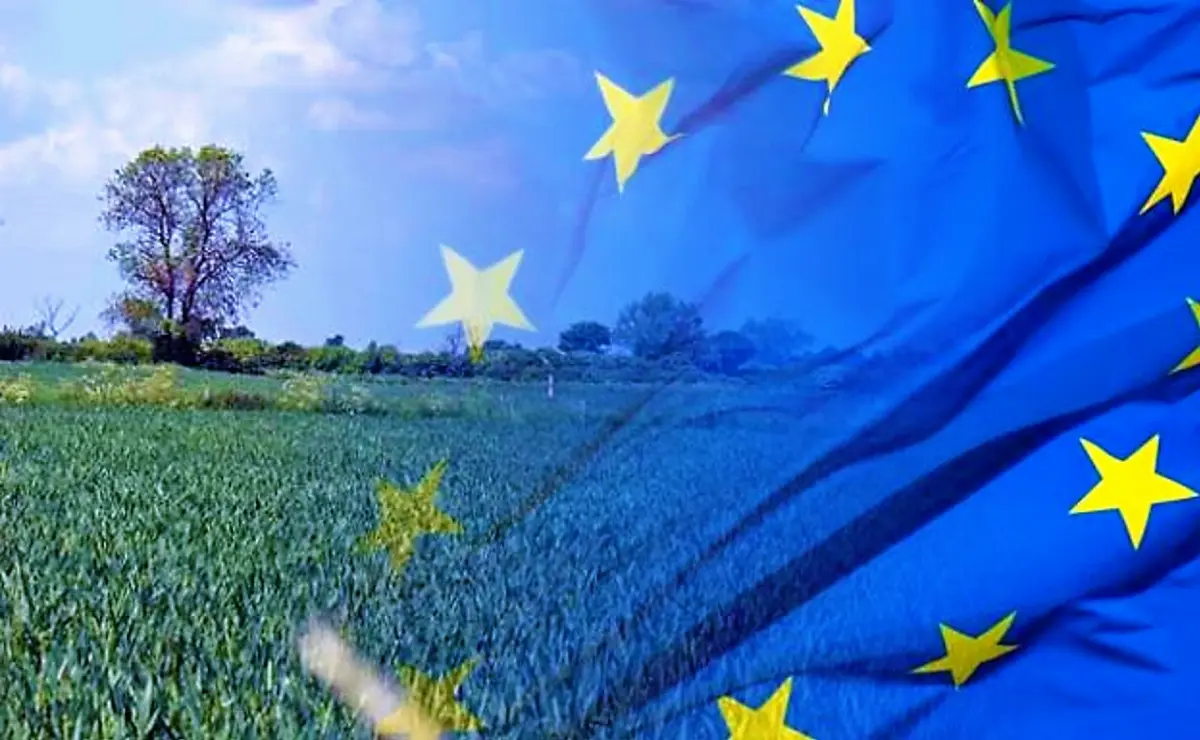
EU: More incentives for young people and more flexibility on pesticides
European Commission develops its "Vision" for the agri-food sector of the future

The European Commission has presented its Vision for Agriculture and Food, the roadmap that will guide the EU executive in these areas for the 2024-2029 legislative term. A roadmap that "lays the foundations for an attractive, competitive, resilient, future-oriented and fair agri-food system for current and future generations of farmers and agri-food operators". Further simplifying agri-food policies and implementing innovation and digitalisation are considered "prerequisites for all the actions outlined in the Vision". Then, during 2025, the Commission will propose a comprehensive simplification package for the current agricultural legislative framework, together with a strategy for the digital transition in agriculture.
The Vision outlines four priority areas:
1) An attractive sector. Agriculture must have the "necessary stability to encourage young people to take up this profession, including through fair incomes and better targeted public support". It is also necessary to actively support young people so that they can "take advantage of innovation and new business models, including carbon and nature credits, as complementary sources of income". The Commission is committed to ensuring that farmers are not "systematically forced to sell their products below production costs and will take concrete measures to this end, including through the revision of the Unfair Trading Practices Directive". In 2025, the Commission will also present a strategy for generational renewal, with recommendations on the measures needed at both EU and national/regional level to overcome the obstacles that prevent young people and newcomers from entering the profession.
2) A competitive and resilient sector. The EU will continue to prioritise food security and sovereignty in various ways. "Trade negotiations and agreements will be used to their full potential, while protecting the interests of European farmers". The Vision also responds to calls from farmers, citizens and society at large for "a stronger alignment of production standards for imported products, to ensure that ambitious EU standards do not lead to competitive disadvantages, while being in line with international standards". For this reason, in 2025 the Commission will start taking steps to assess the impact of more coherence in rules on hazardous pesticides banned in the EU and on animal welfare. Furthermore, rigorous enforcement and controls of food safety standards remain a non-negotiable priority. The Commission will strengthen its focus on livestock to promote the long-term future of the sector.
3) A future-proof sector. The European agricultural sector plays an important role in the transition to a low-carbon economy. The Vision recognises the need to reconcile climate action with food security and the specific challenges the sector faces. Farmers should be rewarded for adopting nature-friendly practices. In this context, the Commission will carefully assess any further ban on pesticide use if no alternatives are available within a reasonable timeframe and will simplify access to biopesticides on the EU market. The Commission will also develop a voluntary benchmarking system, called the 'on-farm sustainability compass', to help farmers measure and improve the performance of their farms. A water resilience strategy will also be developed to address the urgent need for more efficient water use.
4) Fair living and working conditions in rural areas. The Commission will present an updated Rural Action Plan to ensure that rural areas remain "vibrant, functional and deeply connected to the EU's cultural and natural heritage". An annual food dialogue will also be launched with a wide range of stakeholders, including consumers, farmers, industry and public authorities, to find solutions to issues such as affordability and food innovation. In the future, the Commission will also closely look at reducing food waste and addressing societal concerns about animal welfare.
1/Continued
EFA News - European Food Agency